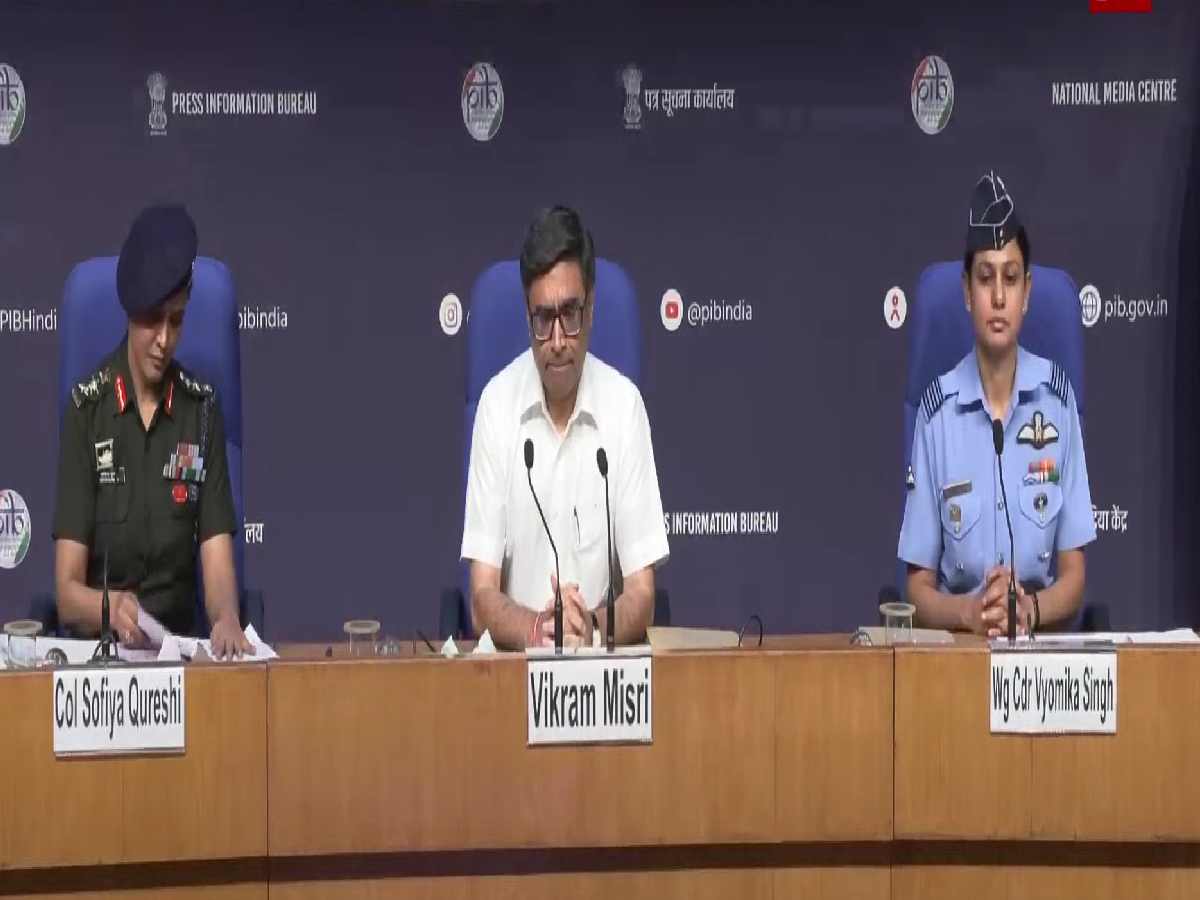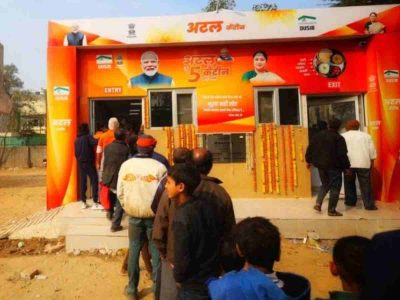Operation Sindoor: In a strong response to the brutal terrorist attack in Pahalgam, India carried out targeted cross-border strikes early Wednesday morning under Operation Sindoor. The strikes were aimed at dismantling terrorist infrastructure allegedly operating from across the border. The operation comes days after the massacre in Jammu and Kashmir that claimed 26 lives, including one Nepali national.
Addressing the media, Foreign Secretary Vikram Misri said, “Our intelligence indicated that more attacks were impending. It became necessary to take action to deter and prevent them. India has exercised its right to respond.” He added that the strikes were “measured, proportionate, and non-escalatory”, focusing only on terrorist facilities. “Our actions were responsible and targeted, aimed at crippling the infrastructure used to plan and execute terror operations,” Misri stated.
Also read: Operation Sindoor: India carries out military strikes on nine terror targets in Pakistan, PoK
The Pahalgam killings, according to Indian officials, were carried out by terrorists linked to Lashkar-e-Taiba and its proxy, the Resistance Front. Misri said, “The manner of the killings was designed to inflict maximum psychological trauma. Family members were deliberately spared and ordered to carry back a message of fear.”
Investigations, he noted, had established Pakistan’s involvement in the attack. Misri said the intention was to destabilise the region and “derail the return of peace and normalcy to Jammu and Kashmir,” where tourism had recently begun to flourish again.
Air strikes targeted terror camps with precision
Two women officers Colonel Sofiya Qureshi and Wing Commander Vyomika Singh briefed the press on Operation Sindoor.
Wing Commander Vyomika Singh confirmed that the Indian Air Force had destroyed nine terrorist camps in the operation. “The locations were carefully chosen to ensure there was no damage to civilian infrastructure or loss of civilian lives,” she said. Singh added that the strikes were designed to bring justice to the victims of the Pahalgam attack and their families.
Colonel Sofiya Qureshi echoed that sentiment, stating, “Operation Sindoor was initiated to ensure justice for those killed in the Pahalgam terror attack.” She confirmed that nine camps were “identified, targeted, and successfully destroyed”.
The pre-dawn strikes, in which precision ammunition was used, were coordinated by the tri-services – the Army, the Navy and the Indian Air Force (IAF) – and hit terror facilities in Pakistan and Pakistan Ovvupied Kashmir.
Militant group claims responsibility; links to Lashkar-e-Taiba
Foreign Secretary Misri also revealed that a group identifying itself as the Resistance Front had claimed responsibility for the Pahalgam massacre. “This organisation operates as a front for Lashkar-e-Taiba, a Pakistan-based terrorist group banned by the United Nations,” he said. Ongoing investigations, Misri added, had uncovered communications between the attackers and their handlers in Pakistan, further reinforcing the cross-border nature of the plot.
Sindoor, or vermillion, is a mark of married women and a reference to the April 22 Pahalgam massacre in which men, including those newly married, were killed by terrorists.





